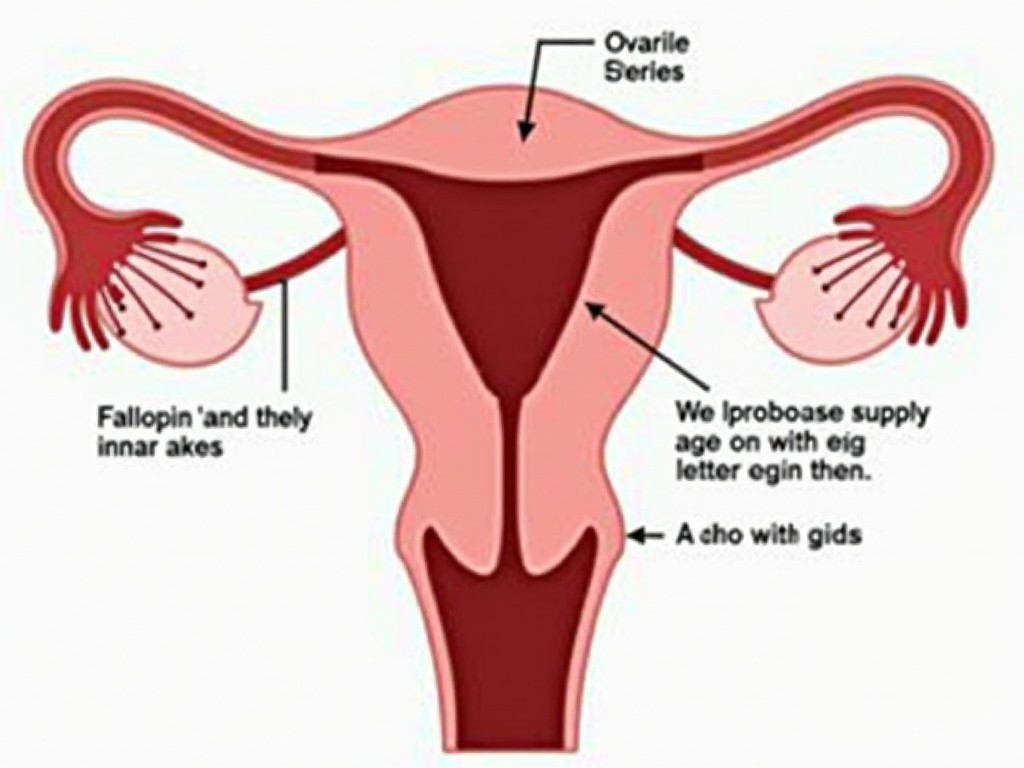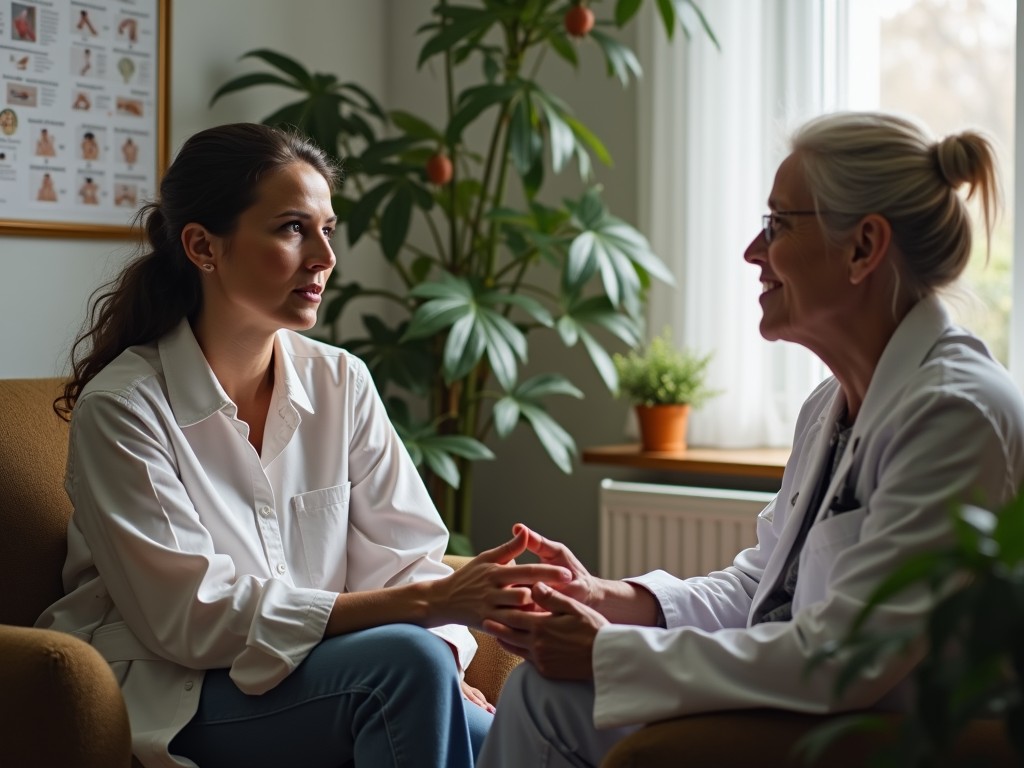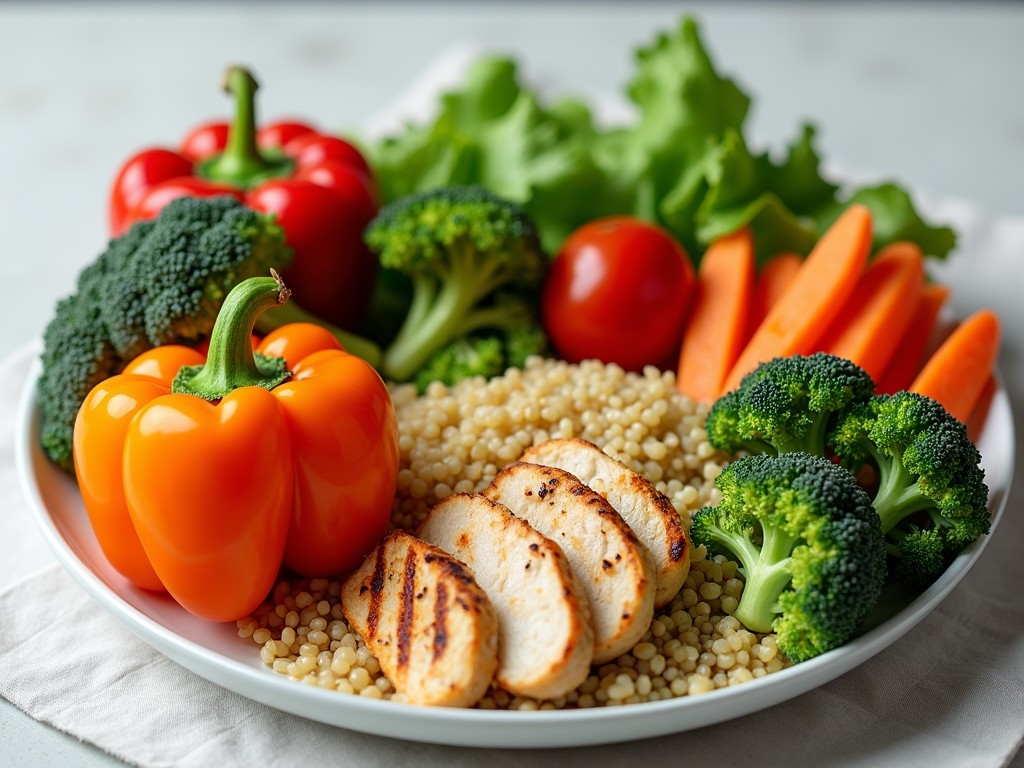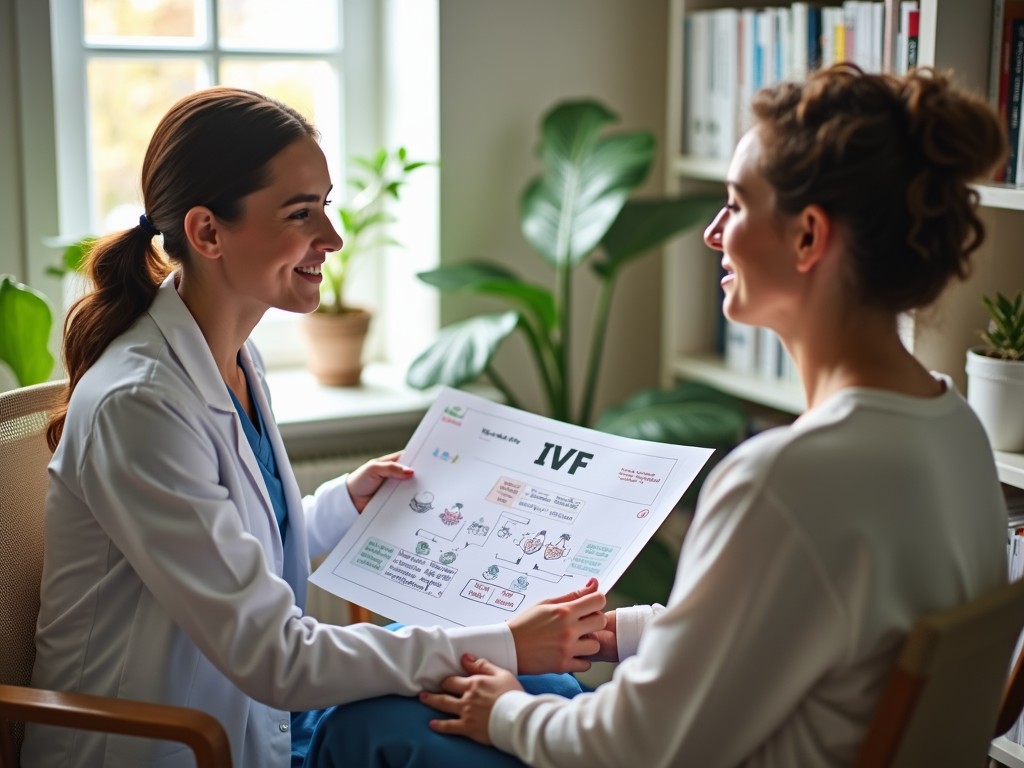Female Infertility and Age: Insights and Solutions
Jan. 13, 2025, 5:05 p.m.
Understanding Female Infertility and Age
Female infertility and age are closely intertwined topics. As women age, their chances of facing fertility issues increase. This article explores how age impacts fertility, delves into personal insights, and provides actionable advice.

The Biological Clock: How Age Affects Fertility
A woman's biological clock plays a critical role in her fertility. Generally, fertility peaks in the late teens to late 20s and begins to decline in the early 30s, with a significant drop after age 35. By age 40, the odds of getting pregnant are much lower. This decline is due to both decreasing quantity and quality of eggs."

Personal Insight: Emily's Journey
Emily, a career-oriented woman, started trying for a baby in her late 30s. "I was always told I had time," she shares. "But when I started seeing a fertility specialist, I quickly learned that my age was a major factor." Emily's experience reflects many women's journeys where age and the ticking biological clock starkly intersect.

Causes of Age-related Infertility
Age affects fertility due to several biological factors, including:
- Diminishing Egg Quality: As women age, the quality of their eggs declines, leading to a lower chance of conception and a higher risk of miscarriage.
- Reduced Egg Reserve: Women are born with a finite number of eggs, and this reserves depletes with age.
- Increased Risk of Health Conditions: Older women are more likely to develop conditions such as endometriosis or fibroids that can affect fertility.
Incorporating lifestyle changes like a balanced diet and regular exercise can help mitigate some age-related fertility declines.

Letting Go of Myths and Embracing Reality
Many myths surround female infertility and age, like the assumption that lifestyle changes can completely restore fertility. While maintaining health is beneficial, it's crucial to understand that medical advances, such as IVF, might be necessary for many women.

Exploring Medical Options
For women facing age-related infertility, several medical interventions can offer hope, including:
- In Vitro Fertilization (IVF): This popular treatment involves fertilizing an egg outside of the body.
- Egg Freezing: Women can freeze their eggs at a younger age to use later.
- Donor Eggs: For those with inadequate egg quality, donor eggs provide a valuable option.

Conclusion
Navigating female infertility and age can be challenging but understanding the impact of age makes it manageable. Seeking professional advice early and considering all available options can empower women to make informed decisions regarding their fertility journey.